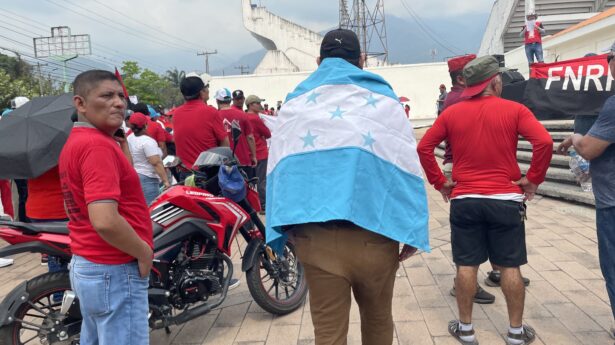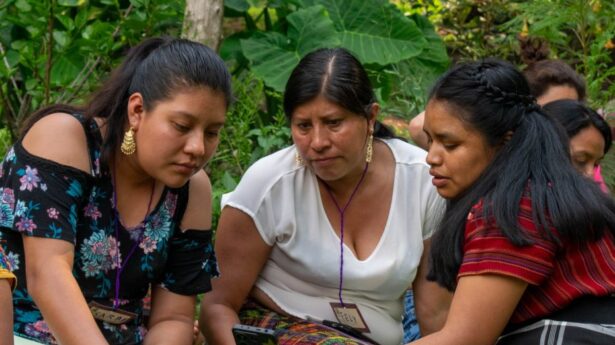The Unitarian Universalist Service Committee advances human rights through grassroots collaborations.
Partner Spotlight: ERIC/Radio Progreso
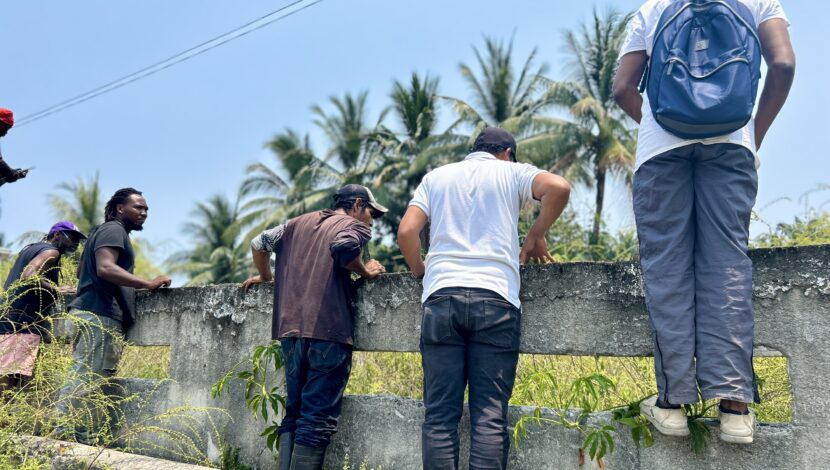
By on July 17, 2024
According to The Guardian, 2023 was the most dangerous year to be a journalist worldwide since 2015. Global unrest and laws restricting journalists’ abilities to report have left many stories untold, allowing global impunity to thrive. One country experiencing these anti-journalist efforts is Honduras. Since the 2009 coup that left former president Manuel Zelaya briefly exiled in Costa Rica, “the environment for the Honduran media has been worsening steadily.” According to Reporters Without Borders, politicians and multinational corporations control much of the country’s press, resulting in major gaps and unreliable reporting.
Since 1980, one Honduran radio station has been working despite the worsening media landscape to provide trustworthy community and international journalism. Radio Progreso is committed to, “the construction of a just, equitable, and sovereign society through reflection, investigation, and communication.” The station’s slogan “la voz que está con vos” translates to “the voice that is with you,” showcasing Radio Progreso’s pledge to the communities of Honduras and Central America.
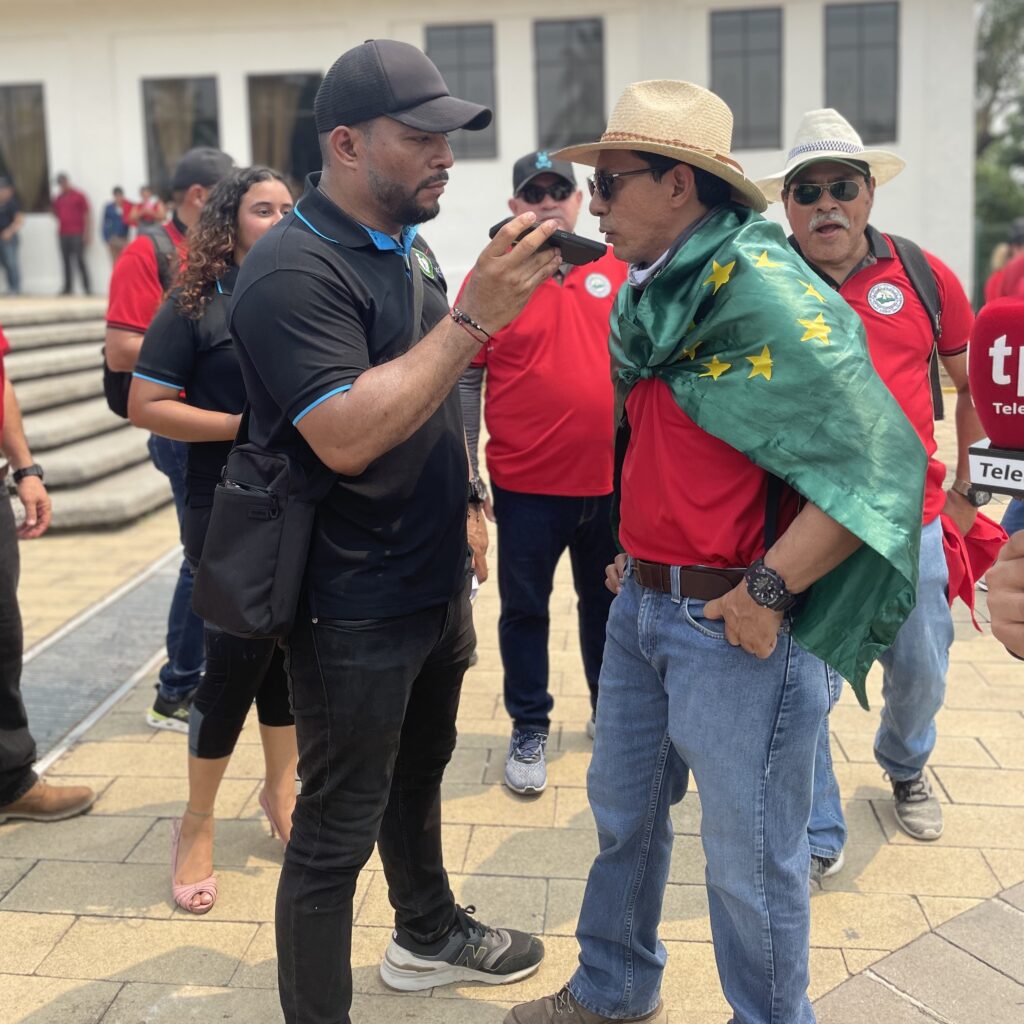
Three news broadcasts per day interspersed with analysis, music, sports commentary, and more provide engaging, informative, and accessible content to listeners worldwide (you can listen here). The station is a nonprofit, not relying on any government or private sector funding. Instead, Radio Progreso relies on a network of 30 community journalists throughout Honduras to gather stories and report with accuracy and integrity.
Land Back Advocacy
The station is also unique as it is the home to the Reflection, Research, and Communication Team (ERIC, for its name in Spanish), the nonprofit arm of Radio Progreso. ERIC offers integral accompaniment and support for the health of communities and the land. For example, the team works with volunteers to care for La Milpa, a stretch of rehabilitated land growing sustainable crops. Every Thursday, volunteers and community members gather for a communally prepared lunch using much of the produce grown on the land.
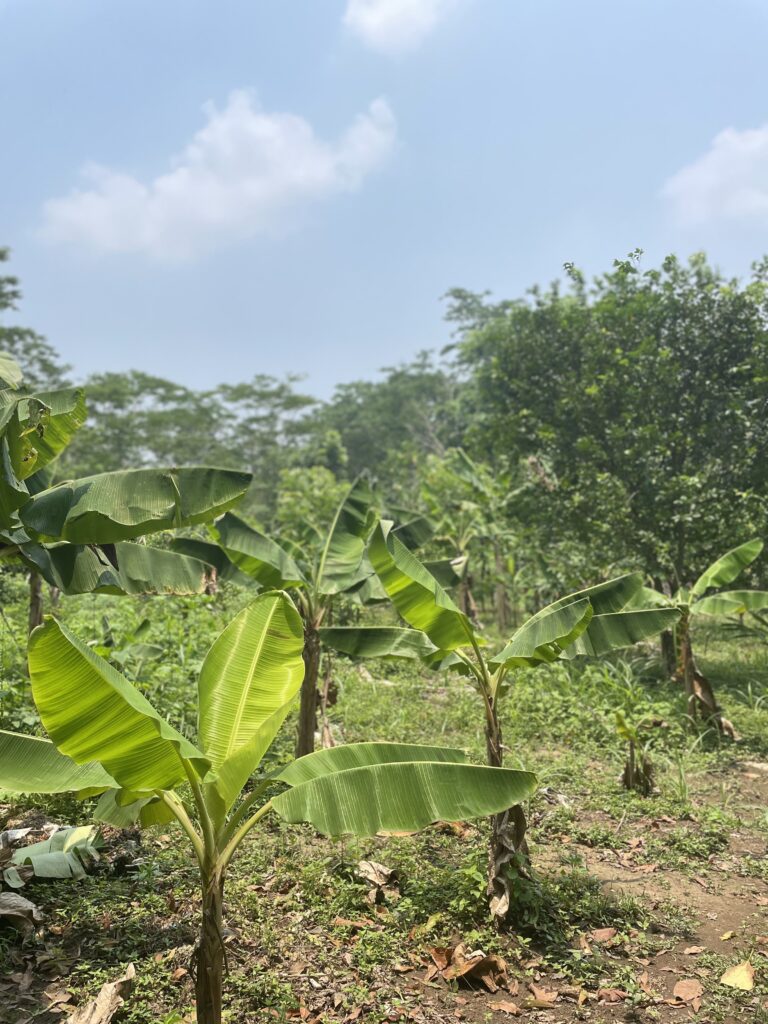
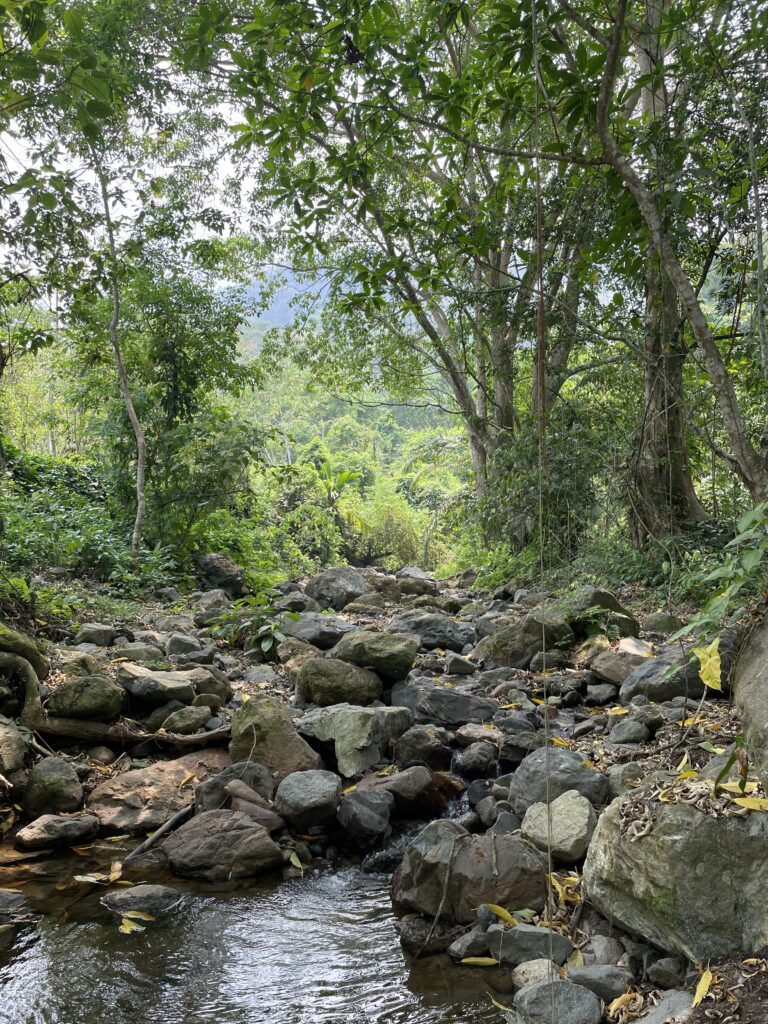
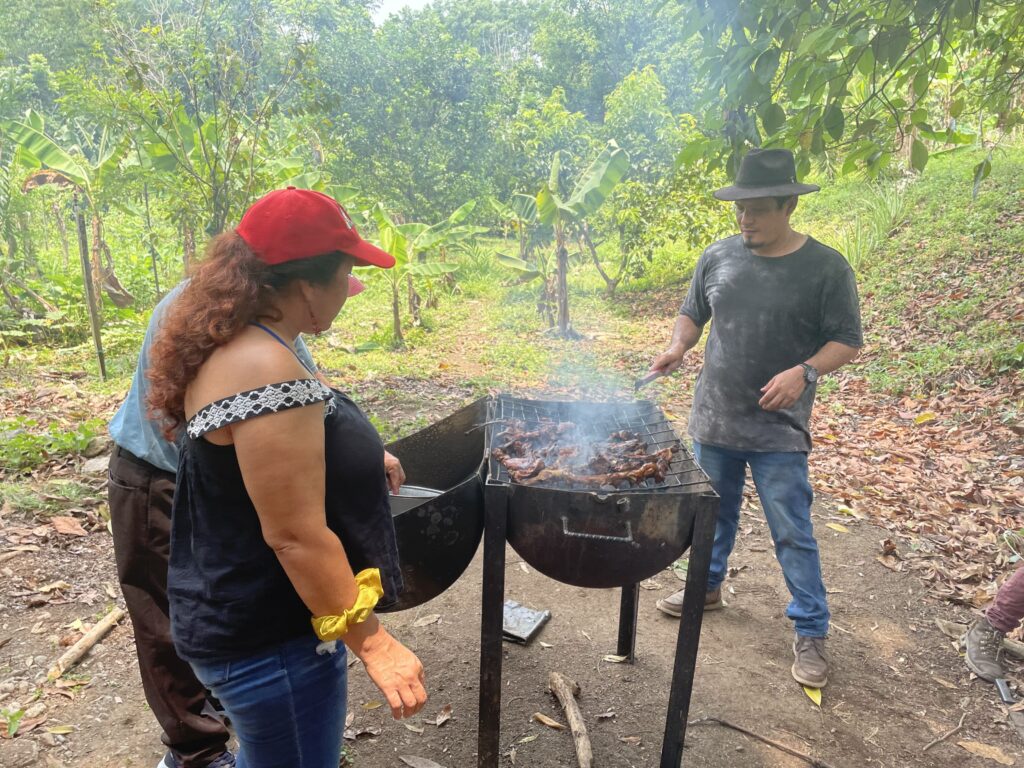
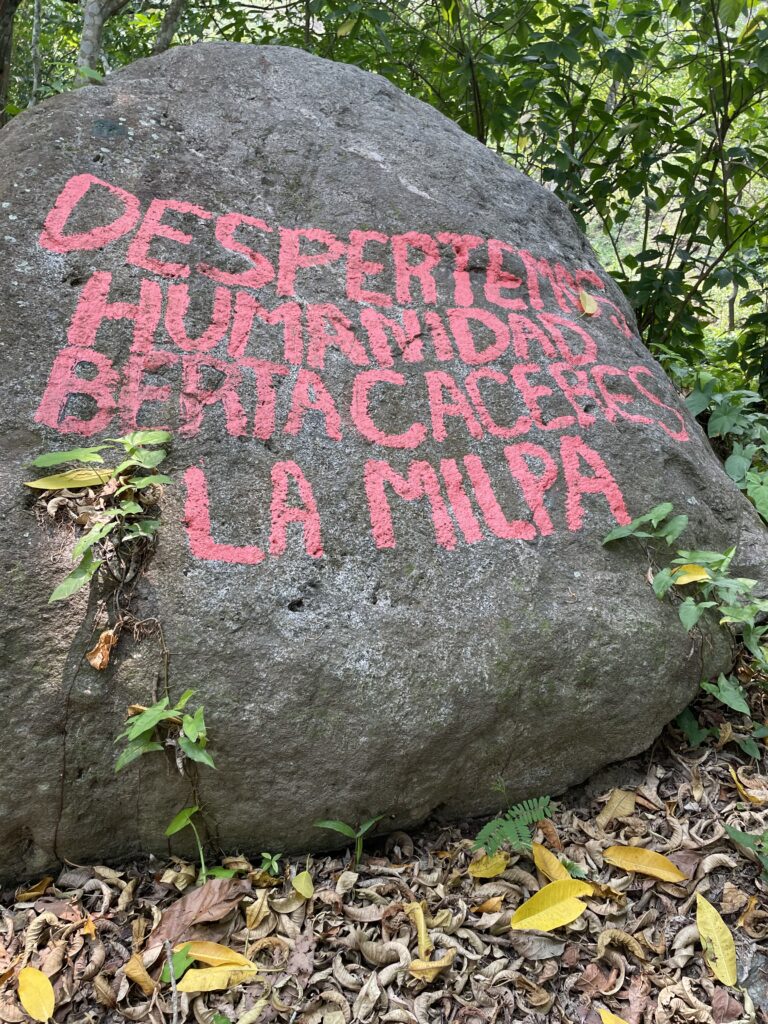
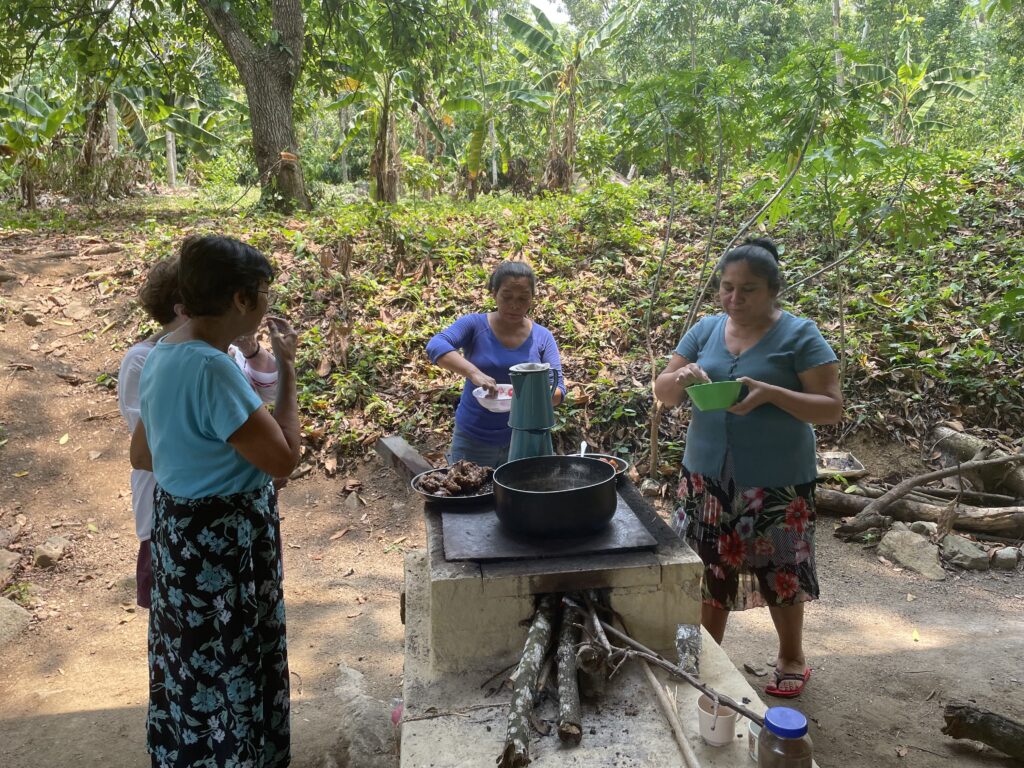
Another critical project of ERIC involves the Garifuna community in Triunfo de la Cruz, who rehabilitate land previously used as an industrial farm. Afro-Indigenous descendants of migrants from the island of St. Vincent in the Caribbean, Honduras’ Garifuna community have faced discrimination and human rights violations throughout the nation’s history. Moreover, palm oil, tobacco, and sugar cane—all notoriously unsustainable crops—have been and remain to be major exports of the country. As private investors and the Honduran government demanded more land to grow these crops, the Garifuna community was forcibly removed from their land. Today, the community of Triunfo de la Cruz has begun to reclaim their ancestral land, recovering it and implementing sustainable agricultural practices rooted in Indigenous and African knowledge and cosmology.
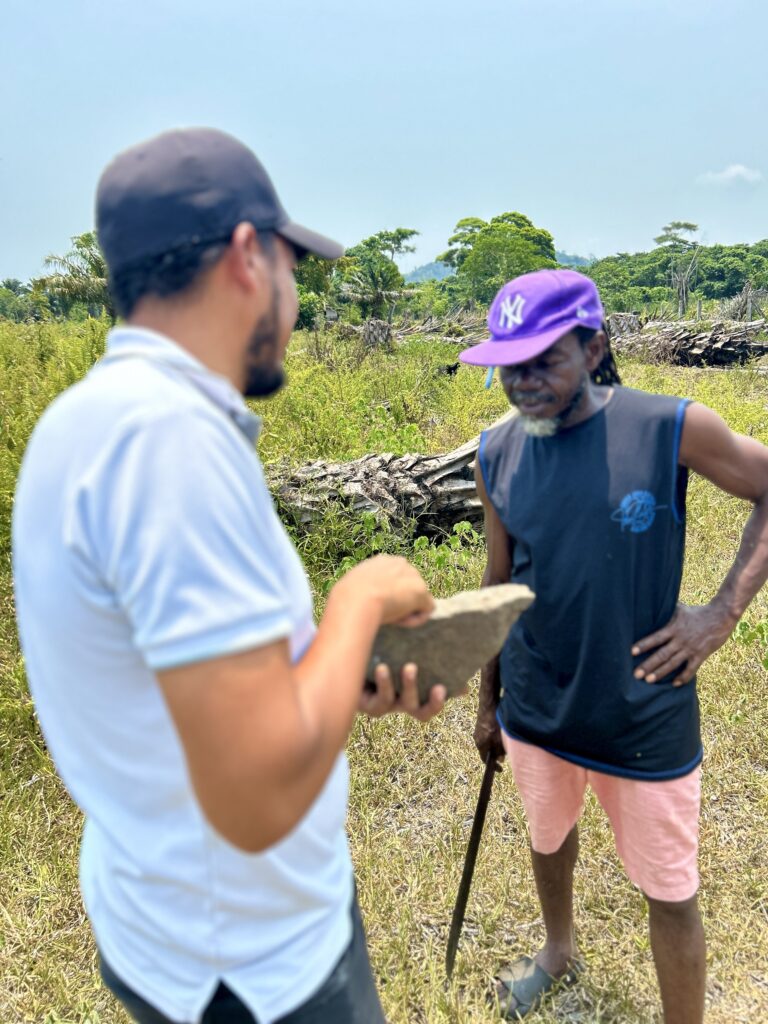
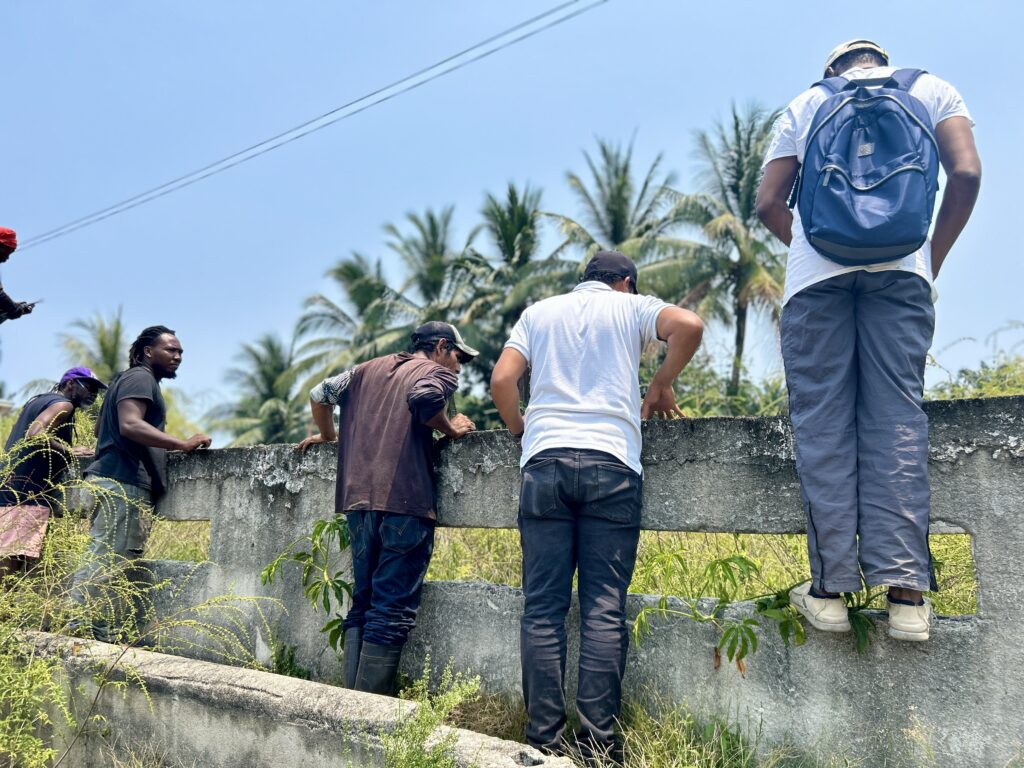

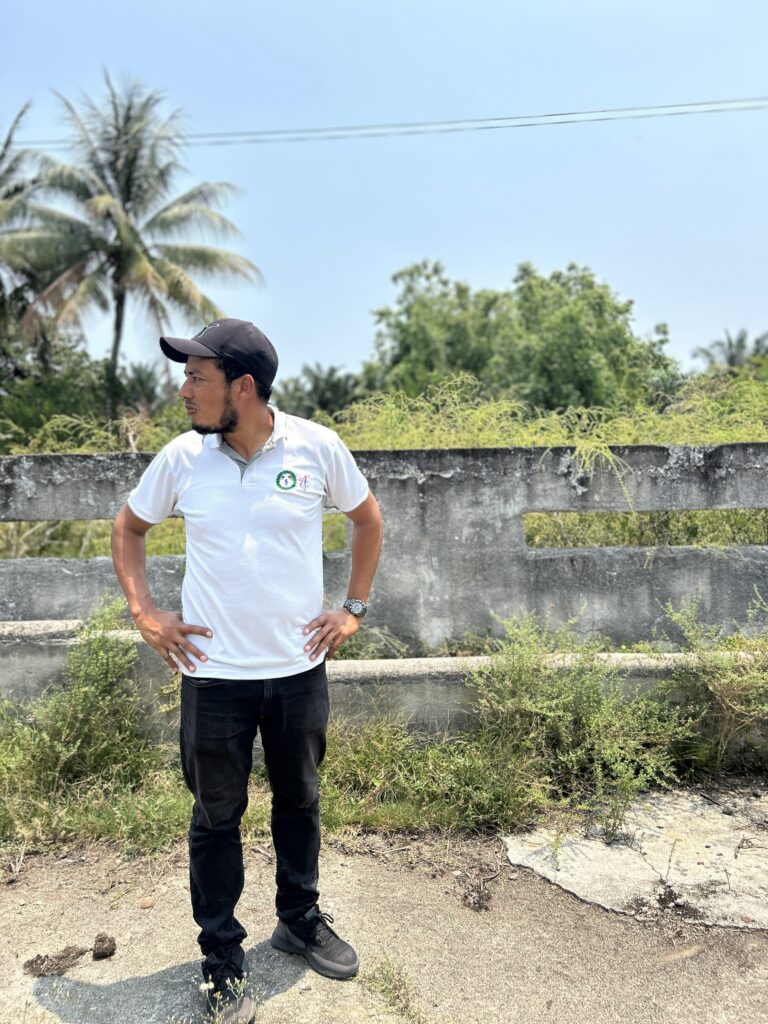
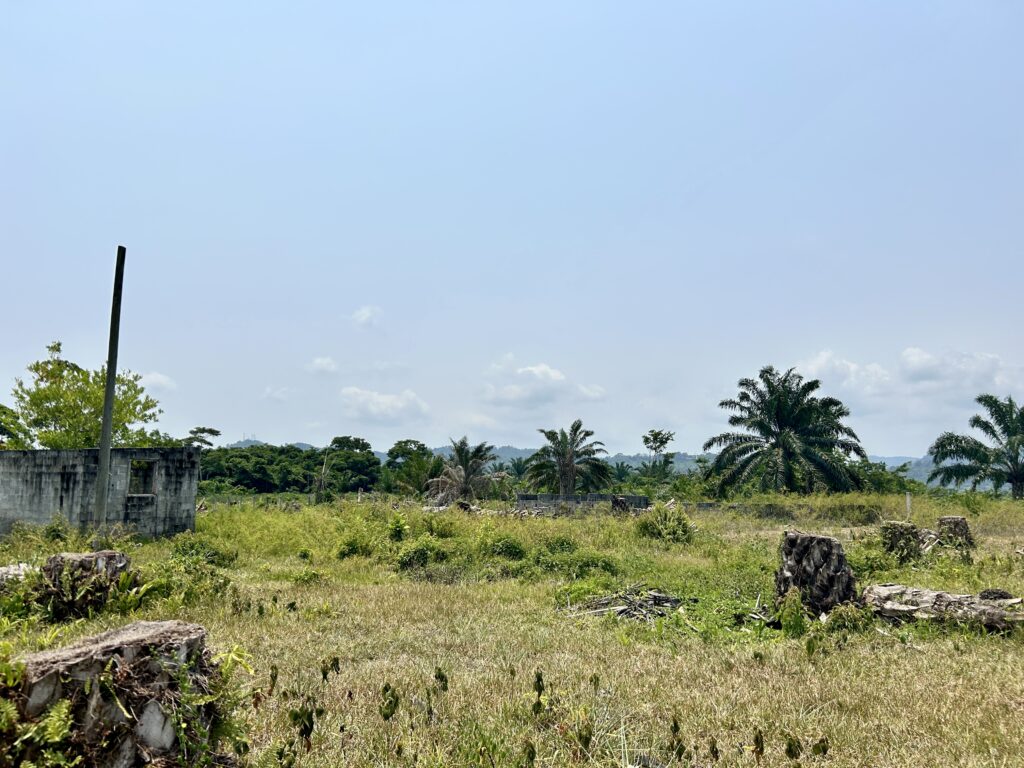
The Right to Stay, The Right to Leave
ERIC also supports shelters around the country that house or provide resources to families and individuals who have been affected by violence and organized crime. Reporting on instances of crime and impunity contributes to safer communities allowing people to remain and thrive. In this way, ERIC and Radio Progreso both contribute to protecting people’s right to stay—an indelible facet of human rights. Instability and violence are major contributors to displacement.
UUSC is proud to support organizations like ERIC/Radio Progreso that protect the human rights of all people and their right to live healthy, secure lives in their communities. At the same time, Radio Progreso’s reporting on national and international immigration policy helps to keep politicians accountable, protecting people’s right to move safely and without discrimination. UUSC flanks ERIC/Radio Progreso in its efforts to support and protect all people in migration as well as those who chose to stay.
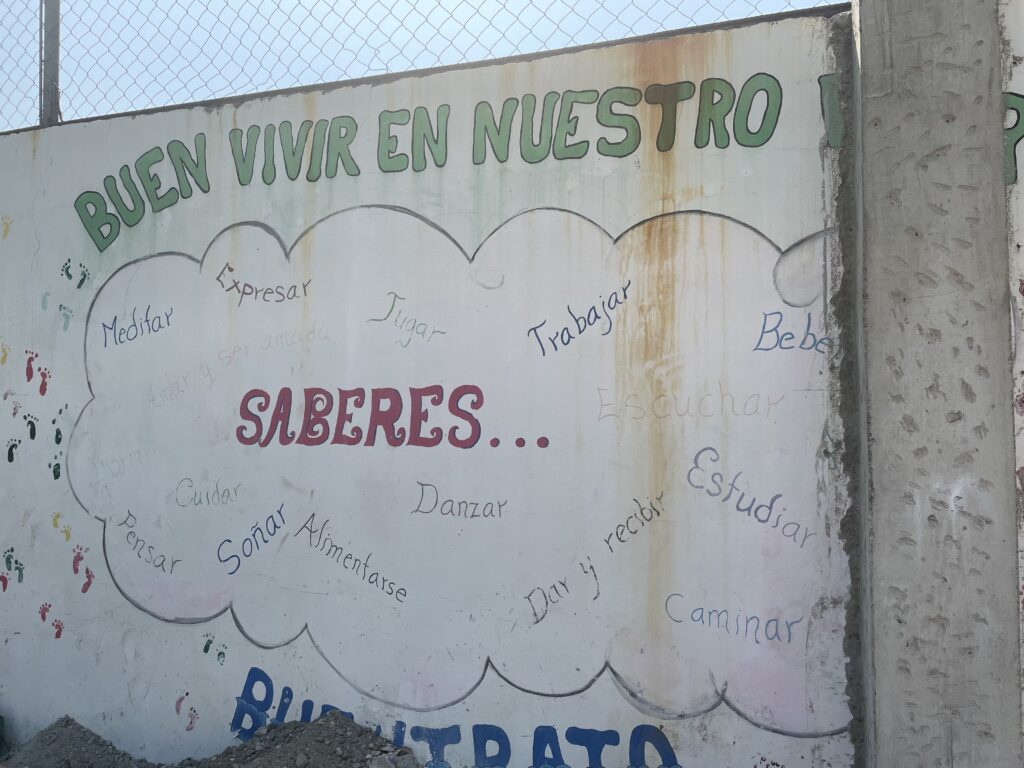
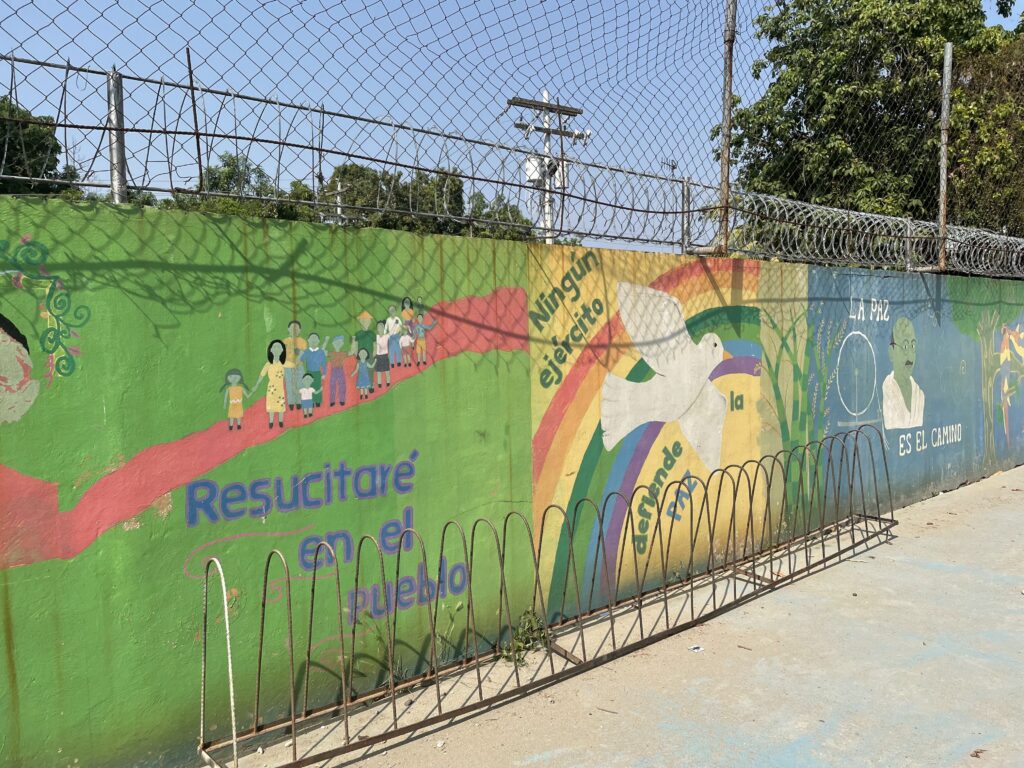
Image Credit: UUSC
